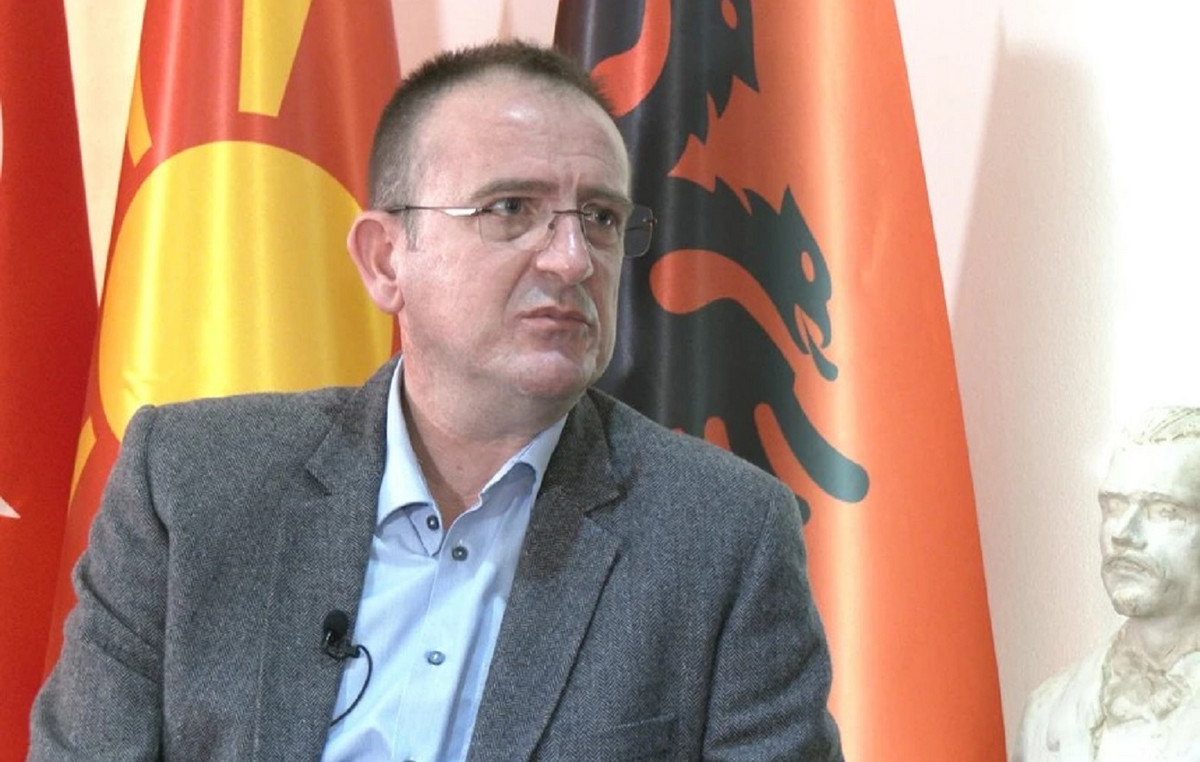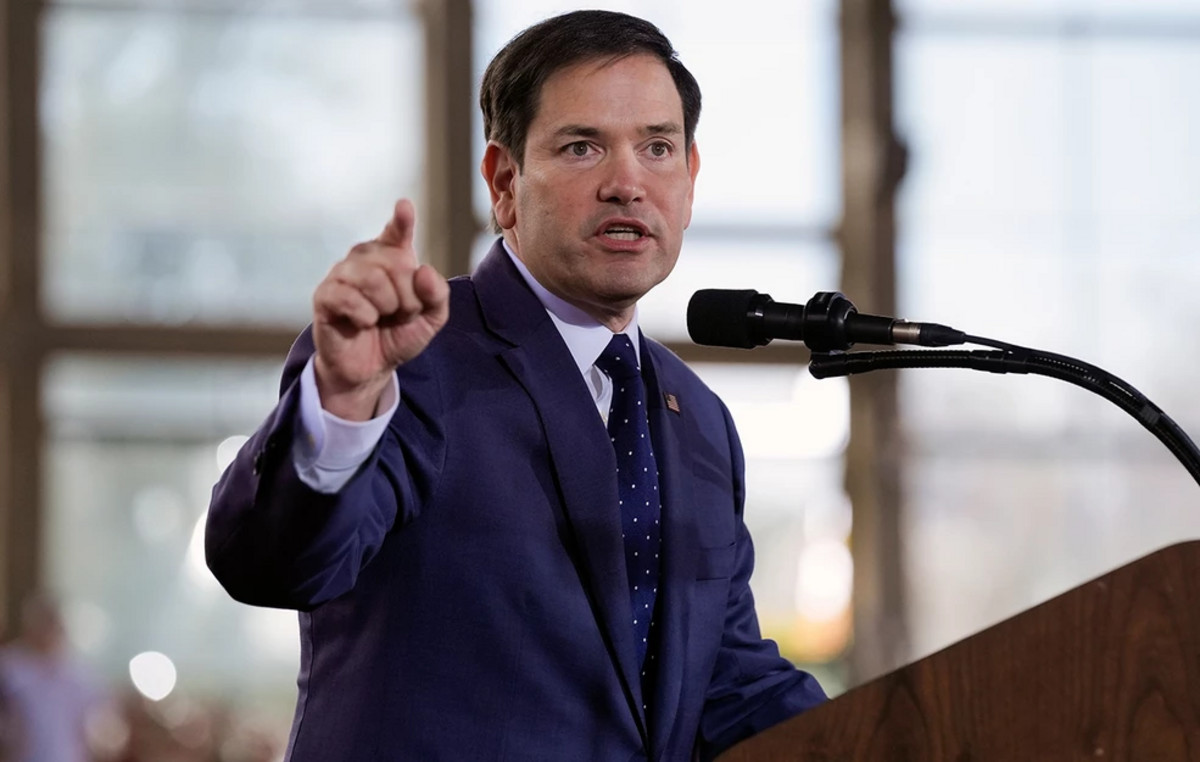On the eve of the elections, the government turned on the faucet and accelerated the release of loans to individual microentrepreneurs (MEIs), microenterprises and small businesses.
The goal of the economic team is that up to R$ 72 billion will be released by December 2024 (a forecast that covers two years of the next government), with more than half still this year.
Of this total, R$50 billion would be through the National Support Program for Micro and Small Businesses (Pronampe) and R$22 billion through the Emergency Credit Access Program (Peac).
In 2022 alone, these disbursements could reach R$ 40 billion, according to estimates by the economic team.
Technicians from the Ministry of Economy were convinced that the release of loans for MEIs, micro and small companies can turn into votes.
“Instead of giving BRL 10 billion to large companies, giving BRL 1 billion to small companies is more social development, more economic development and more votes at the end of the day”, said the president of the National Bank for Economic and Social Development ( BNDES), Gustavo Montezano, at an event held by the BTG Pactual bank last week.
In the case of Peac, BNDES reopened the line on Monday (22). The novelty is that the program will also accept MEIs.
Since July 25th, MEIs, micro and small companies can take out new loans via Pronampe. Banco do Brasil, Caixa and Bradesco have already released more than R$10 billion in credit operations through the program, and the government expects public and private banks to lend between R$30 billion and R$40 billion in 2022.
Despite the billion-dollar release coming in the midst of the campaign, the president of the National Association of Credit, Financing and Investment Institutions (Acrefi), Luis Eduardo da Costa Carvalho, notes that the programs were reopened this year with majority support from Congress, including from opposition parliamentarians, as well as the expansion of social benefits.
“These measures were very successfully adopted during the pandemic and have brought great benefit to small and medium-sized companies. It is natural that they were renewed, regardless of the election year,” he says.
Although the current government “beats the bass drum” in the campaign, Carvalho believes that the programs should be maintained and even expanded by whichever wins.
“The efficiency of these lines has already been proven, which should, yes, continue in a new government. Delinquency rates are low and generate good results for production chains and job creation. It’s a win-win for society,” she says. The information is from the newspaper O Estado de S. Paulo.
Source: CNN Brasil
I am Sophia william, author of World Stock Market. I have a degree in journalism from the University of Missouri and I have worked as a reporter for several news websites. I have a passion for writing and informing people about the latest news and events happening in the world. I strive to be accurate and unbiased in my reporting, and I hope to provide readers with valuable information that they can use to make informed decisions.







